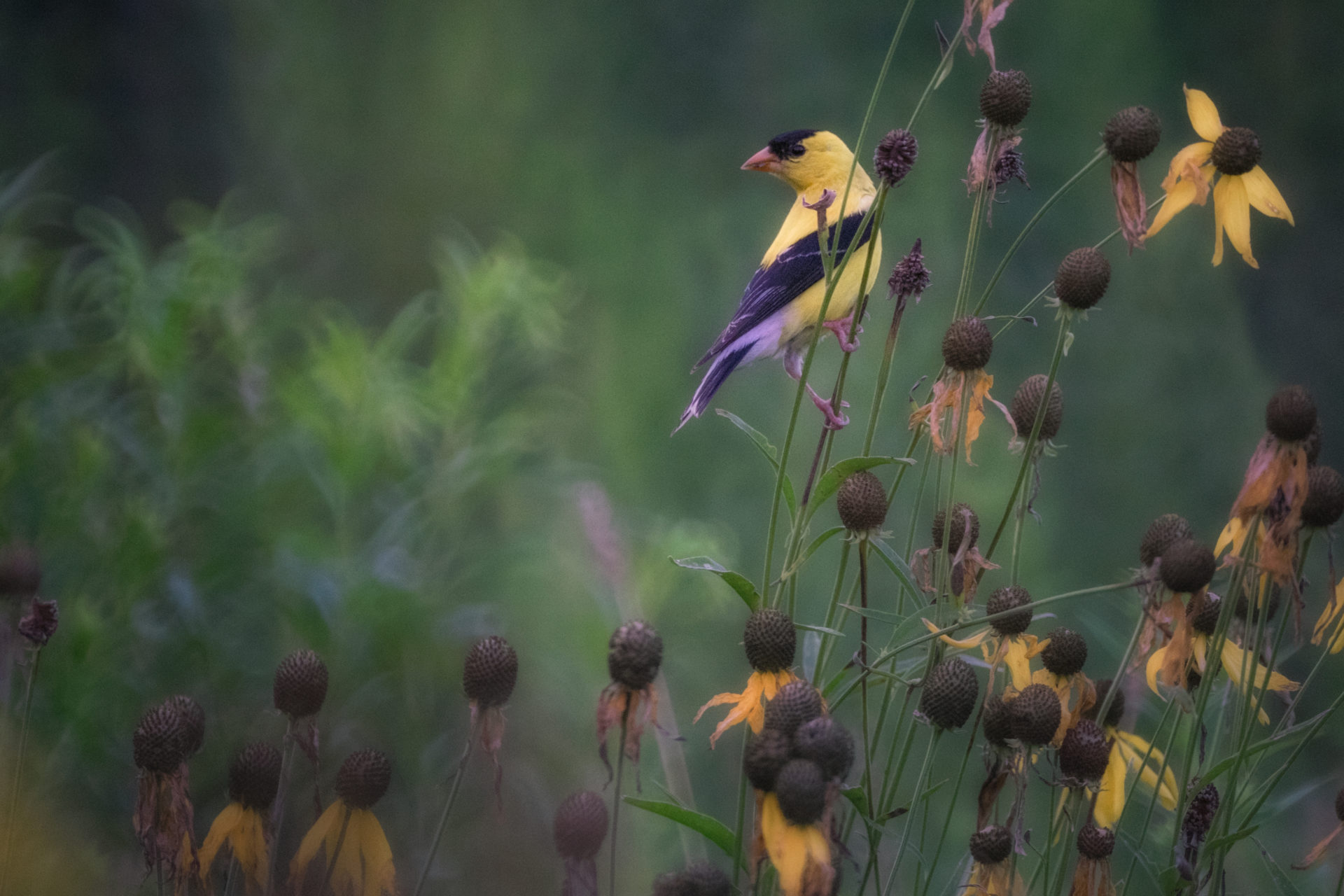By Mohamed Chakmakchi
Gabriel wrote this poem in Kindergarten—a year I took a sabbatical from teaching duties to spend time with him and to work on personal projects. That year was a series of joyful moments that meant the world to me as a dad. No rush, no hurry, just listening and sharing. The mind of a Kindergartner is totally prepared for wonder and inquiry. One of my fondest memories was the day he asked me to stop by an old Catholic cemetery.
By Mohamed Chakmakchi
Gabriel wrote this poem in Kindergarten—a year I took a sabbatical from teaching duties to spend time with him and to work on personal projects. That year was a series of joyful moments that meant the world to me as a dad. No rush, no hurry, just listening and sharing. The mind of a Kindergartner is totally prepared for wonder and inquiry. One of my fondest memories was the day he asked me to stop by an old Catholic cemetery. It was in the fall, so things were spooky. Taking an hour to walk amongst tombstones in the middle of a school week might not have happened with much to do. But I had “nowhere to go and nothing to do.” Gabriel spent about an hour walking between the tombstones, asking me to read the names and how old the deceased were when they’d passed. Impermanence was something he had just begun to think about. Later that day, we crawled down the banks of a creek and looked for guppy fish. It was a day of silent contemplation.
In the spring, Gabriel’s teacher asked the kids to think of any questions they might have about the world around them. So he dictated and I wrote. The words are all his. Better even than the words is the memory of Gabriel, speaking them. Impassioned, fully connected with each thought, eyelids closed, his arms gesticulating to show this was all serious business. When he finished, my heart had risen up to my throat. I looked at him and said, “Gab, I think you might have just written a poem.” The lesson for me was that to always be on the run as a parent is to miss a lot of the joys of being. But if we take time to listen to our kids, poems will arise and we can hear them fully. And in this way we can open our hearts to gratitude and the joyful moments our children present us.
When asked what he wished for the world, Gabriel was concerned.
Daddy: “Gab, the folks at the Mindfulness Bell want to know what you wish for the world.”
Gab: “Like when I throw a penny in the fountain. Okay … but if tell, will I lose my wishes?”
Daddy: “I think it will be okay.”
Gab: “Well, usually I ask for no more war. And then I ask for my family to be happy. Is that okay?”
Daddy: “I think it’s a perfect answer.”
Mohamed Chakmakchi is a writer and mindfulness practitioner who has worked as a Kindergarten and first grade teacher for some time. In the fall, he will be teaching fifth graders.

